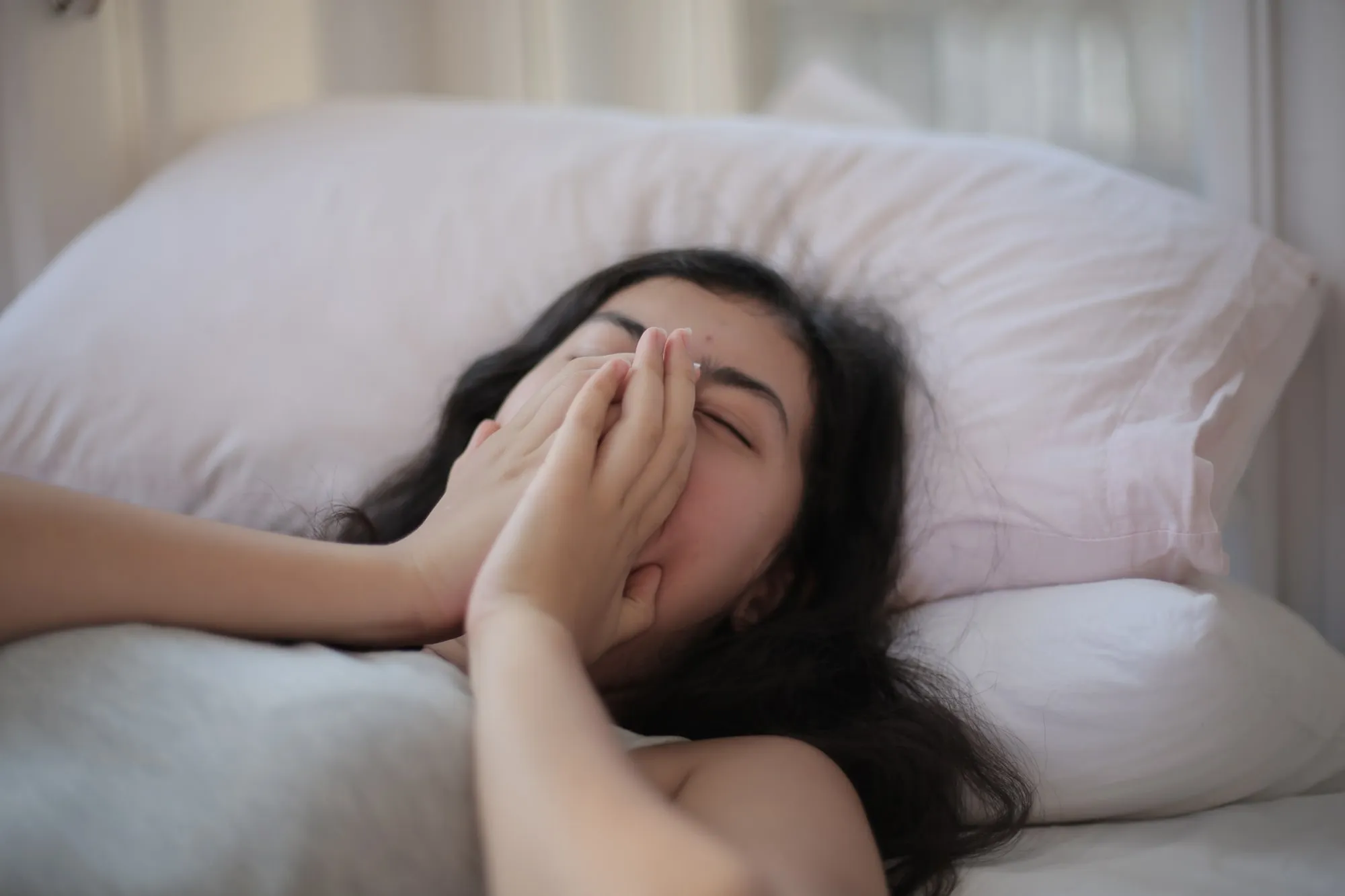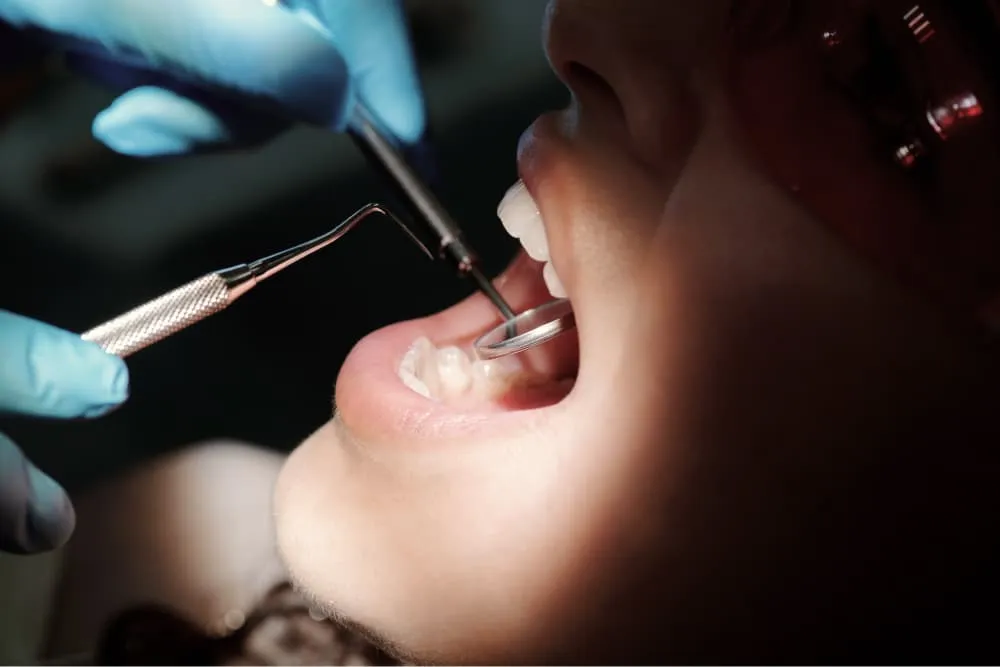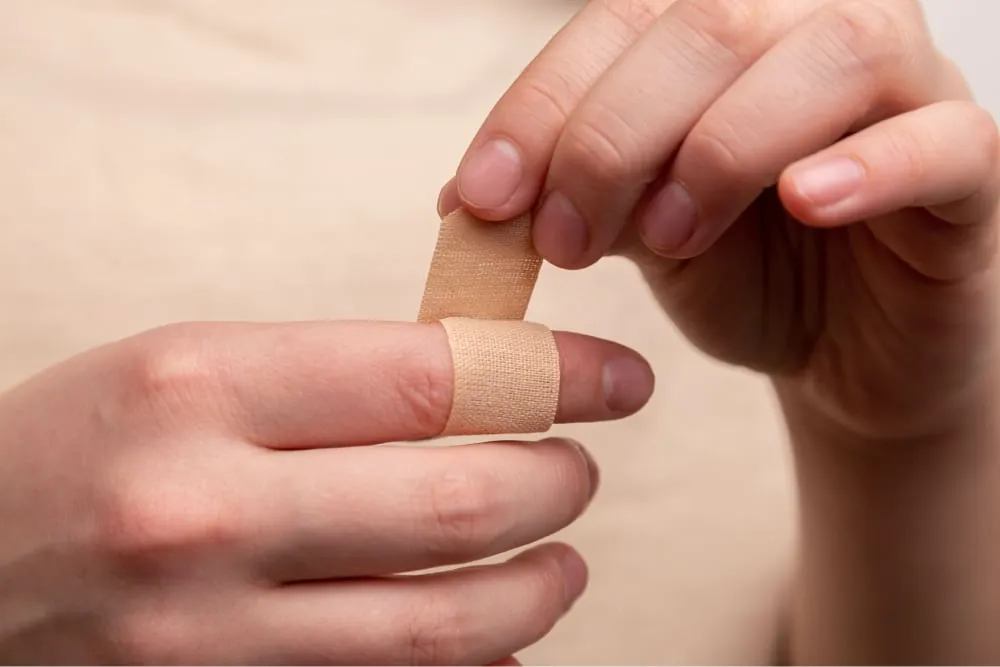Bulimia and sleep
Following a period of poor nutrition and lack of caloric intake that may occur with bulimia nervosa and its medical complications, feeling fatigued is common.
Paradoxically, eating disorders can also prevent regular sleep patterns, with irregular sleep being one of the most commonly reported complaints of those living with bulimia nervosa. (1) Difficulty falling asleep, problems staying asleep, increased day sleep, reduced amounts of rapid eye movement (REM) sleep, and headaches after waking are all common sleep disturbances reported by those with bulimia nervosa. (2)
Additionally, a lack of sleep can contribute to food cravings which may be a trigger for binge eating episodes. The quick bursts of energy from binging interfere with regular sleep patterns and therefore, the cycle of poor sleep and binge eating continues. (1) When binging episodes occur at night, normal circadian rhythms are disturbed, preventing the establishment of regular sleep patterns. (1)
Binging and night sweats
If you tend to binge eat at night it’s possible to experience night sweats as a result.
Certain foods when eaten quickly, and in excess, may cause a rapid spike and fall in blood sugar. This fluctuation in blood sugar levels has been known to cause excessive sweating in some people, to the extent where they may need to change their clothes, due to experiencing a sudden rush of heat, or flush, to their head. (3)
Furthermore, when you binge and purge your body can struggle to regulate your blood sugar levels. This may result in hormonal imbalances resulting in your body having difficulty with t regulating its temperature as efficiently as normal, which can also cause excessive perspiration. (4)
Additional notable research findings
The relationship between eating disorders and sleep has been extensively researched over the last few decades. Although the results from studies are often conflicting, there have been some interesting findings in recent years:
- Kim et al. discovered a stronger than expected association between eating disorders and sleep disturbances, particularly difficulty falling asleep and staying asleep. Additionally, those with sleep disturbances showed more severe eating disorder symptoms and behaviors. (5)
- Those with eating disorders, particularly bulimia nervosa, recalled preoccupations with food and oral activity in their dreams, and those with bulimia nervosa felt more persecution from others within their dreams. This indicates that the psychodynamic processes (i.e preoccupation with food, anxiety, perfectionism, etc.) that are assumed to underlie the psychopathology of eating disorders are also mirrored in dreams. (6)
Consequences of sleep deprivation
If bulimia is preventing you from regularly getting the recommended 7 to 9 hours of sleep a night, it can do so much more harm than making you feel groggy and grumpy. The long-term effects of sleep deprivation are very real, impacting your cognitive abilities and putting your physical and mental health at risk.
Research links insufficient sleep with a number of health problems, including: (1,7)
- Impaired cognitive function including memory problems and trouble with concentration and thinking
- Mood changes such as increased irritability, feeling overly emotional, and low moods, which can lead to anxiety and depression
- Weakened immunity against viruses like those that cause the common cold and flu.
- Heart problems including low blood pressure, increased inflammation, and cardiovascular disease
- Increased diabetes risk as people who don’t get enough sleep typically have higher blood sugar levels and an increased risk of type 2 diabetes
- Low sex drive which could be due to a drop in certain hormone levels
- Increased risk of accidents especially while driving, as well as issues with balance and coordination.
Treatment for bulimia and sleep disorders
If you’ve taken the courageous step to seek treatment for bulimia nervosa, you should let your care team know about your sleep disturbances. Sleep therapy can be added to your treatment plan, which can include psychotherapy, nutritional counseling, talking therapy sessions, and visits with a dietician.
During treatment to help with your sleep issues, you may be offered CBT-I (the “I” is for insomnia), which is a form of cognitive behavioral therapy tailored to those with sleep disorders. CBT-I works by retraining your attitude towards sleep.
For example, if you have been sleeping less due to your disordered eating behaviors, your therapist may work with you to discuss the importance of quality sleep for your overall health and that your disordered behaviors around food and movement and lack of sleep are causing more harm than good. Over time, you’ll work with your therapist to replace your disordered thoughts and behaviors with healthier, more balanced ones.
Tips for improving your quality of sleep
Here are some evidence-based tips to help boost sleep quality that you can use whether you’re in recovery or are yet to take that step: (8)
- Increase bright light exposure during the day to help regulate your circadian rhythm
- Reduce blue light exposure - like those from smartphones and computers - at night, as they trick your body into thinking it’s still daytime. This can be done with blue-light blocking glasses, by using certain apps, and more.
- Don’t consume caffeine late in the day, limiting your consumption after 3 pm.
- Reduce irregular or long naps during the day, as they can confuse your internal clock, making it hard to sleep at night and causing fatigue during the day.
- Go to sleep and get up at the same time, including on the weekends. Consistency is key to a good night’s sleep.
- Avoid alcohol before bed as it can reduce melatonin production, leading to disrupted sleep patterns.
- Optimize your sleeping environment by minimizing external light and noise, and making your bedroom a relaxing place. Often people find a sleep mask and noise app or ear plugs helpful.
Final thoughts
Individuals with bulimia nervosa may suffer irregular sleep patterns, and sleep disturbances, likely inpart due to having binging episodes in the evening or at night. A specialized form of cognitive behavioral therapy-insomnia (CBT-I) can help treat your sleep issues, helping you to see the importance of sleep on your overall health.





































